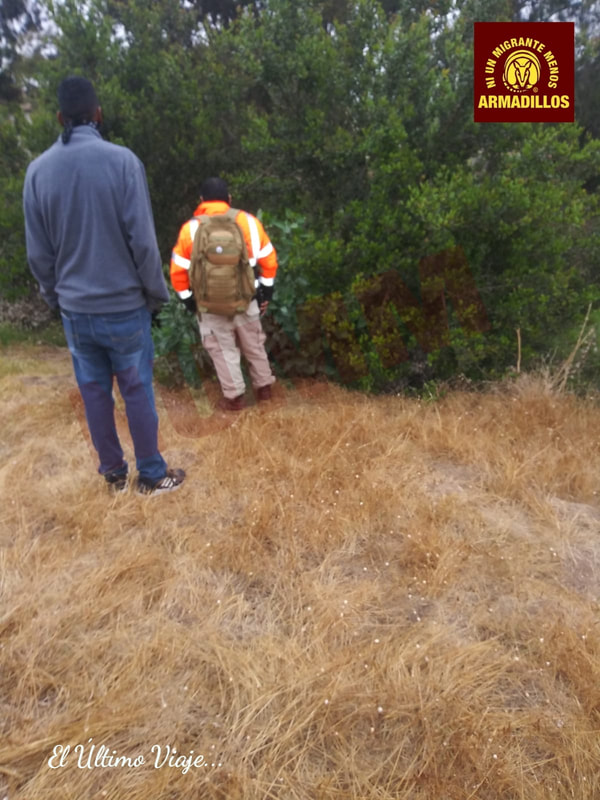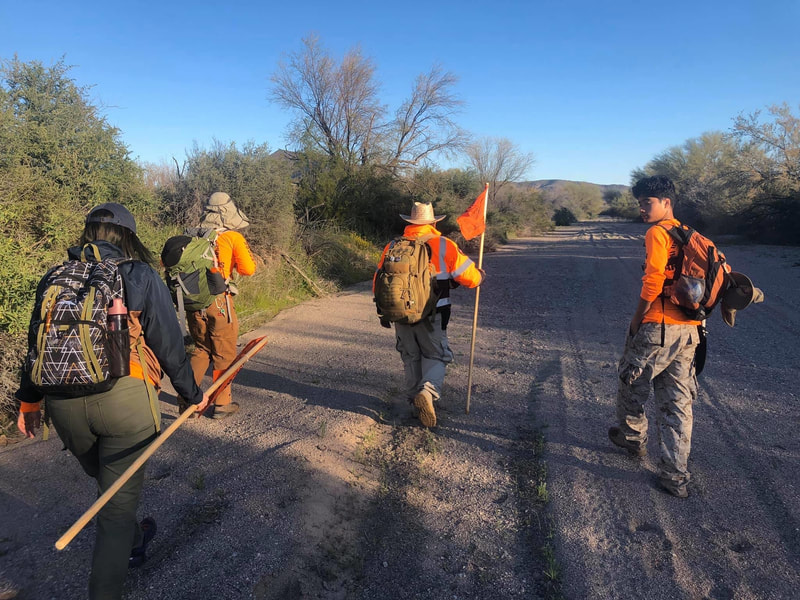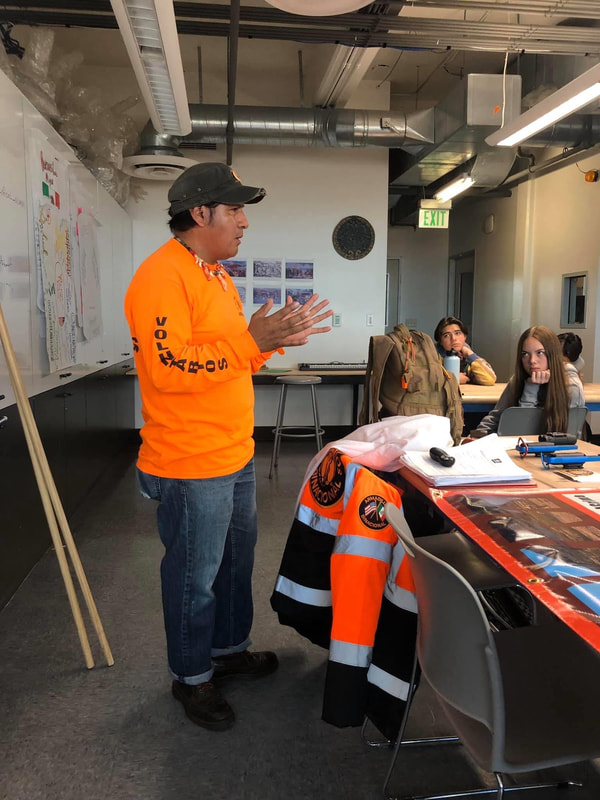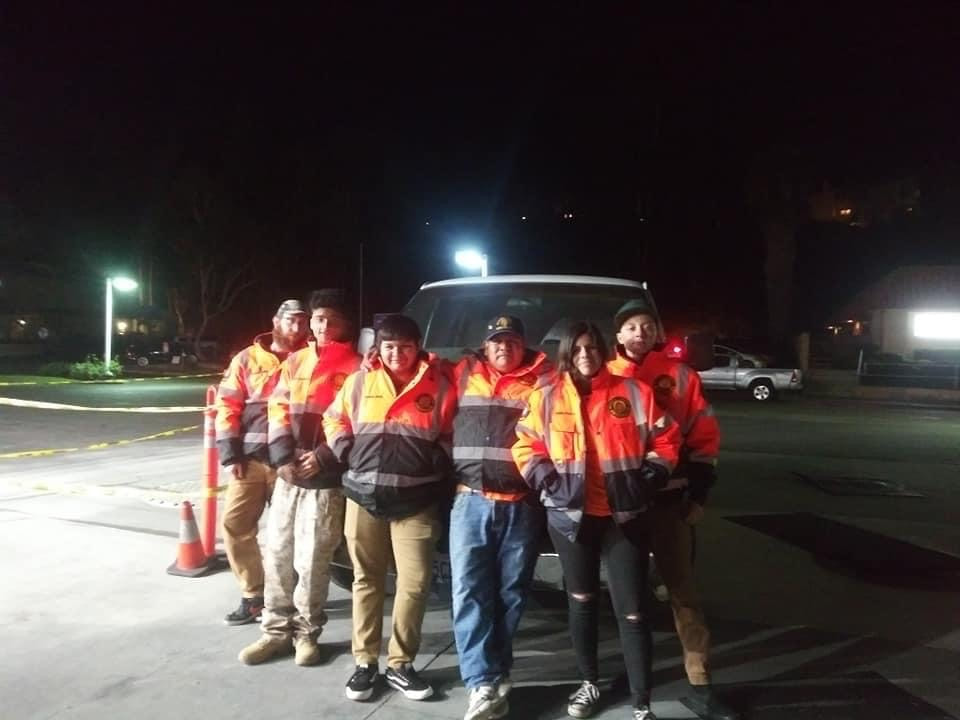|
Border Angels supports humanitarian search and rescue team Armadillos
Manuel Ocaño César and Alex Ortigoza were scrolling through social media on Friday afternoon, after finishing work, when they found a message from an acquaintance on Facebook, who regretted not knowing anything about his brother, who disappeared 10 days ago. The brothers, founders of the humanitarian aid group Armadillos, offered to find the whereabouts of the missing young man. They did a mapping of the area, delimited areas where they thought that, if something had happened to the person, they could find the remains. The next day, Saturday, May 16, at dawn, they were already walking through a remote area of Carmel Valley, where, after a while, they found some remains. They took photos and called the San Diego Sheriff to give directions to the coroner. When they showed the photos on social media, the relatives of the missing man assured that it was his missing young man. The wife of the missing person said that he fully identified works on the teeth, but the Armadillos preferred to let the DNA tests confirm it. By Tuesday, the relatives had confirmed the identity of the victim. The Armadillos found out because the family opened a GoFundMe account to help with the funeral. It was the first time since the COVID-19 contingency began that the brothers went out in search of remains or rescue. Due to the risk of the coronavirus and the lack of resources, the brothers and nine other volunteers had had to suspend humanitarian work to try to locate lost people in inhospitable areas, a job that no institution does on its own. "The last searches were financed by my brother with our salaries," said Alex Ortigoza, who works in construction. César has a maintenance job. Each time they went out to do a search and rescue, the brothers rented a truck for about $600 for an entire weekend, bought gas to travel often between northern San Diego and southern Arizona, where disappearances are reported most often. Furthermore, they had to cover food, drinks, occasionally first aid, and all without enough equipment. The resources were usually only enough to search two weekends a month, but forcibly returned on Sunday to return to work early Monday. Alex said that when Border Angeles’ executive director Dulce Garcia told them that her organization could contribute to their continued humanitarian work, the Armadillos started plans again. Border Angels will provide resources for the Armadillos to purchase a vehicle of their own and obtain essential equipment for searches in remote areas of the border. The Armadillos are the only ones who often bring comfort to heartbroken relatives who for a long time do not know if they should cry for their lost loved ones, because nobody knows where they are or how they are. At the border, more than 8,200 migrants are known to have died trying to cross in inhospitable areas since 1998, when Border Patrol began a count. However, this figure lacks those who perished from 1994 to 1998 by Operation Gatekeeper, and all the migrants whose whereabouts are unknown. The executive director of Border Angels, Dulce García, commented that “now more than ever it is necessary to work together in favor of the immigrant community, and the collaboration with Armadillos is an example of an alliance that reflects good results quickly.” The Armadillos team includes volunteers Karina and Jenn Frost Moreno, Eloy Botello, Beto Méndez, Brian Ordóñez, Nicolle Méndez, Amdu Culen and Axiel Vargas.
1 Comment
ENRIQUE HERNANDEZ
10/25/2020 01:46:52 pm
I would like to help, when you guys go out to search for people, I live in Yuma Az.
Reply
Leave a Reply. |
Border Angels BlogStay up to date with all of our program updates and events! Archives
January 2021
Categories |






 RSS Feed
RSS Feed